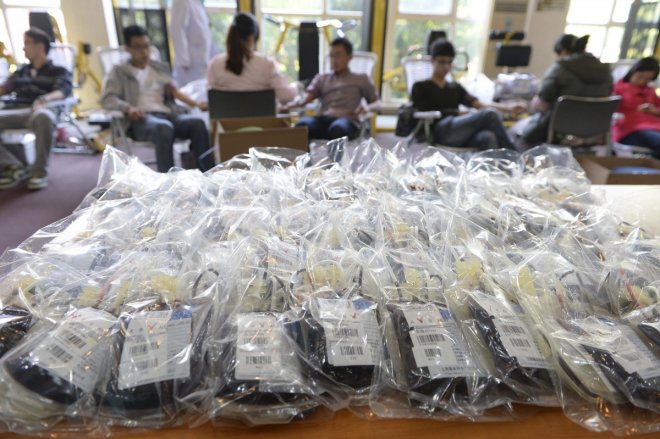
After a video by controversial entertainer Wee Meng Chee, asking if organ donor card should indicate if the donor is Muslim or non-Muslim, started garnering attention, Malaysia's Health Ministry said that organ donors are not segregated by religion or any other social criteria.
According to Malay Mail, Health director-general Datuk Dr Noor Hisham Abdullah said that organs are given on the basis of requirement solely and only clinical factors like waiting times and suitability between donors and recipients are considered. "Organ allocations are not based on race, religion, background, social standing and others," said Hishamm, as reported.
"This means that there is a possibility that organs donated by non-Muslims will be given to Muslims and vice-versa. The same goes for blood donations and transfusions," he added.
To avoid any negative reaction from Muslims hardliners, Hishamm also released two edicts from the Muzakarah National Fatwa Committee Council in Islamic Affairs, one of which clearly state that there is no need to differentiate between Muslim and non-Muslim blood and the other encourages heart and eye donations.
The statement came few days after Wee Meng Chee, popularly known as Namewee, released a video mocking the recent enforcement against pig-bristle brushes. He was seen questioning if his donor card should state that he was not a Muslim so that he cannot be prosecuted if his "non-halal" organs are given to Muslims.
This is not the first time that the Malaysian rapper is seen instigating the Muslims. He was arrested last year after Muslims felt insulted by his one of his music video named "Oh my God" which was shot in a mosque. Not only this, it was also said that the word "Allah" and sounds of the Islamic call to prayer were used in the four-minute Mandarin music video.








